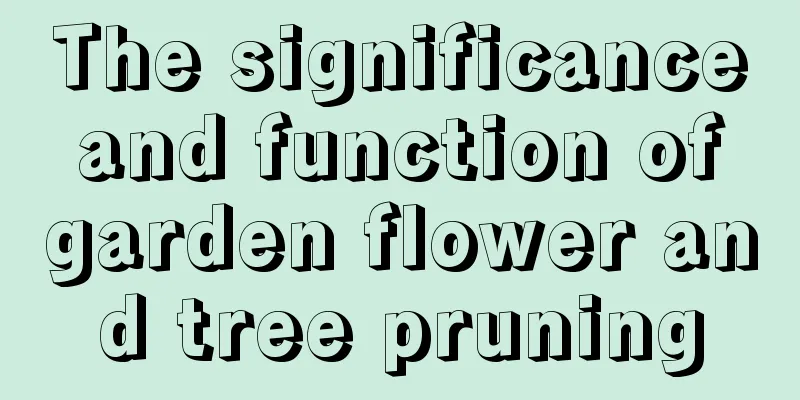Causes and treatments for yellowing leaves of rapeseed

1. Natural consumptionReason: Rapeseed flowers will consume some of their stored nutrients during the winter, and then some of their leaves will turn yellow. Measures: The yellowing of leaves caused by natural consumption usually does not cover a large area, so don’t worry, just continue with normal maintenance. If the yellowing area is relatively large, this reason can be ruled out and other factors can be considered. 2. Disease problemsReason: Common diseases of rapeseed include downy mildew and white rust, which can easily cause large areas of leaves to turn yellow. Downy mildew can cause some polygonal yellow spots to appear on the leaves of rapeseed, and in severe cases, the entire leaf will turn yellow. White rust causes white raised spots on the underside of leaves and can also cause the leaves to turn yellow in severe cases. Measures: In the early stage of the disease, you can use 600 times of 50% copper carbendazim wettable powder or 800 times of 58% mancozeb wettable powder to spray the whole plant for treatment once every seven to ten days. Spraying two or three times in a row will improve the condition. 3. Lack of phosphorus and potassium fertilizersReason: The appearance of large areas of yellow leaves on rapeseed flowers may be due to a lack of phosphorus and potassium fertilizers in the soil. This condition causes the edges of the leaves to appear burnt brown and then slowly turn yellow. Measures: You can apply some phosphorus and potassium fertilizers in appropriate amounts to supplement nutrients in the soil. But if it is a potted rapeseed, you can pour some fermented rice water into it to alleviate the problem of yellow leaves. 4. Lack of trace elementsCause: When large areas of yellow leaves appear, if the above reasons are excluded, it may be due to a lack of trace elements. The yellowing of old leaves at the bottom of the plant is generally due to a lack of magnesium, while the yellowing of new leaves may be due to a lack of multiple trace elements. Measures: Apply some micro-root calcium + energy + impact magnesium at the bottom of the plant, and spray some micro-fruit power + green power on the leaves to supplement the calcium and phosphorus elements needed for plant growth and promote the recovery and growth of rapeseed flowers. |
<<: Causes and treatments of yellow ginkgo leaves
>>: Causes and treatments of yellow leaves of silverfish
Recommend
How many times a year can celery be planted (seasonal planting)? How many months does it take to harvest?
How many seasons can celery be planted in a year?...
The Flower Language and Legend of Digitalis
The Flower Language of Digitalis The flower langu...
How to prune a potted banyan tree
Pruning branches and leaves of potted banyan tree...
Does the "Ginseng Fruit" in Journey to the West really exist? What kind of plant is it?
1. Does it really exist? Although the name sounds...
How to plant gladiolus and when is the best time to plant it
1. How to plant gladiolus 1. Turning the soil: If...
Seabuckthorn pruning technology, seabuckthorn shaping and pruning methods
1. Pruning time Sea buckthorn pruning is divided ...
How to grow Schefflera arborvitae at home
Can Schefflera be cultivated at home? Schefflera ...
Diseases and Pests of Rudbeckia and Their Control
Diseases and their control of Rudbeckia Botrytis ...
The reason why the leaves of Spathiphyllum turn black
1. Too much water The leaves of Spathiphyllum tur...
The difference between Queen Sasha and Red Edge Moon Shadow
1. Differences in plant types: The plant of Sasa ...
How to raise fragrant sparrow
1. Breeding environment 1. Soil: It is best to us...
How many years does it take for litchi to bear fruit?
Introduction to Lychee Planting Lychee prefers a ...
Freesia cultivation methods and precautions
soil Freesia prefers loose, water-retaining and w...
How to deal with money tree after flowering
1. Meaning In fact, the flowering of this tree ha...
The difference between hairy radish and wild peony
1. Leaf Difference The leaves of the hairy radish...









